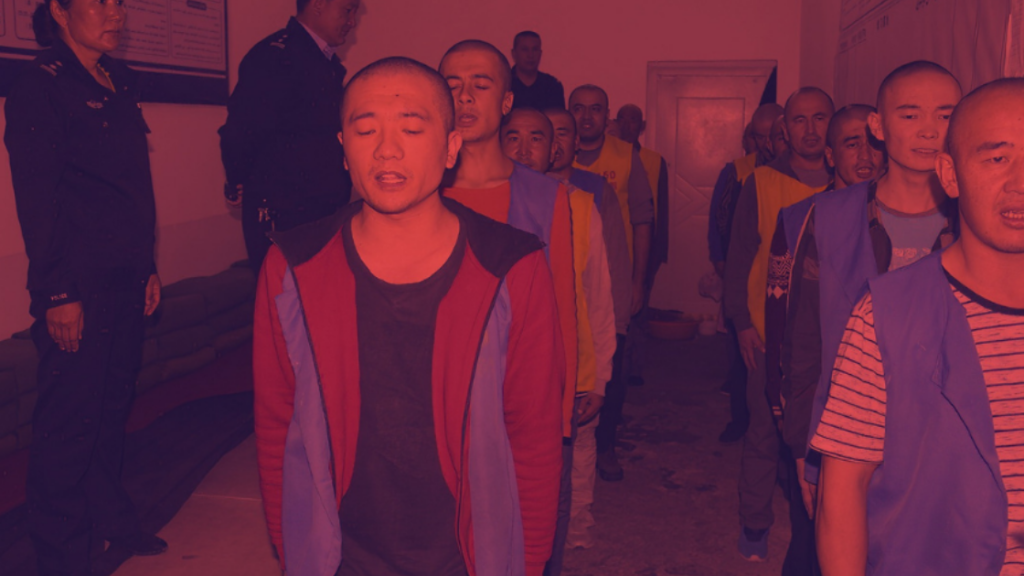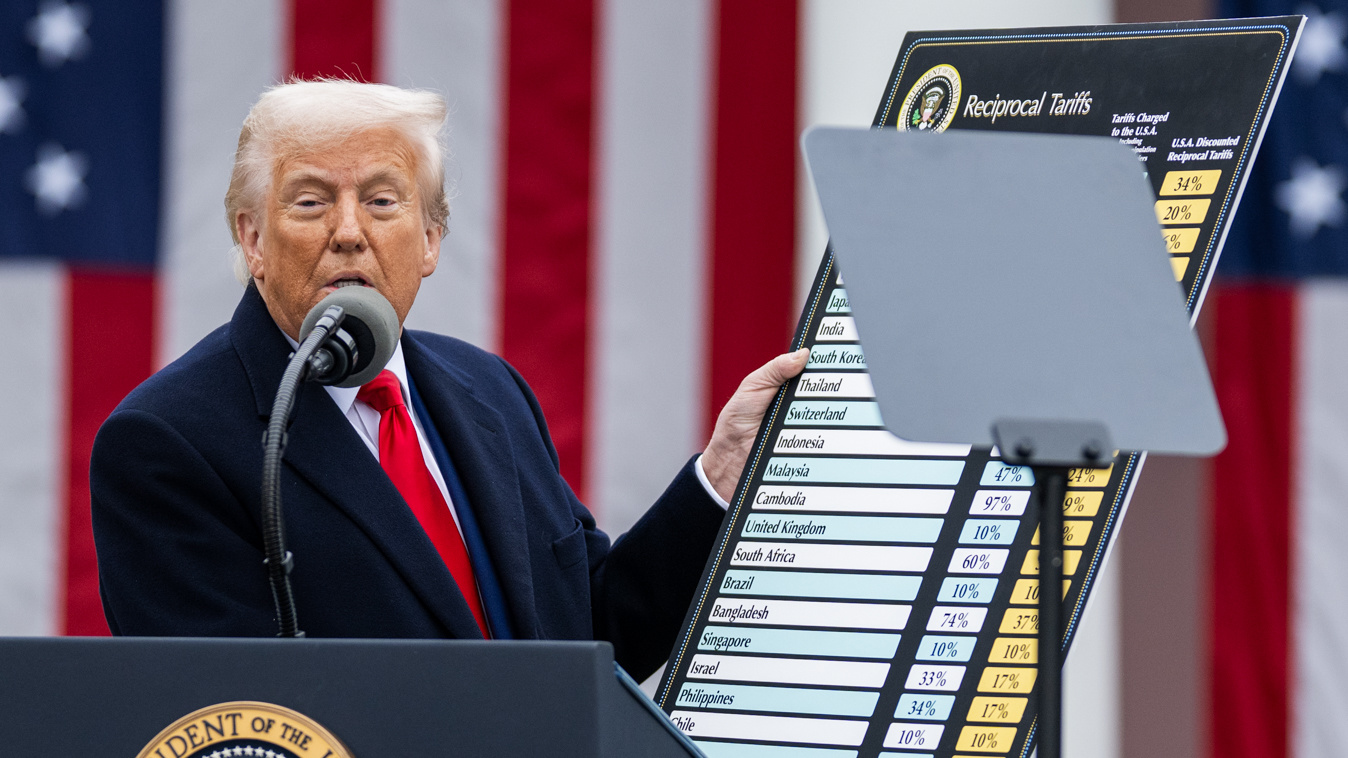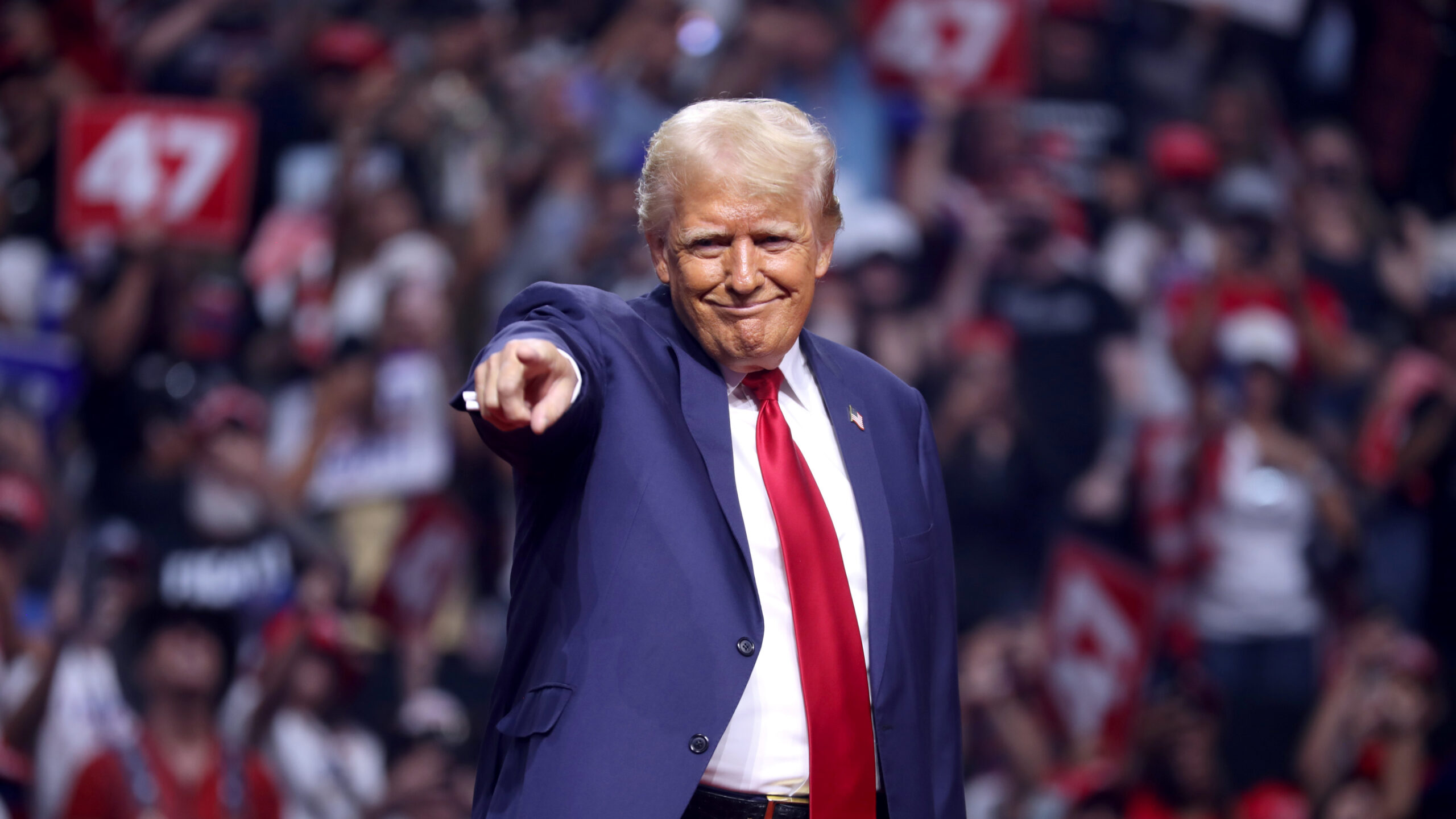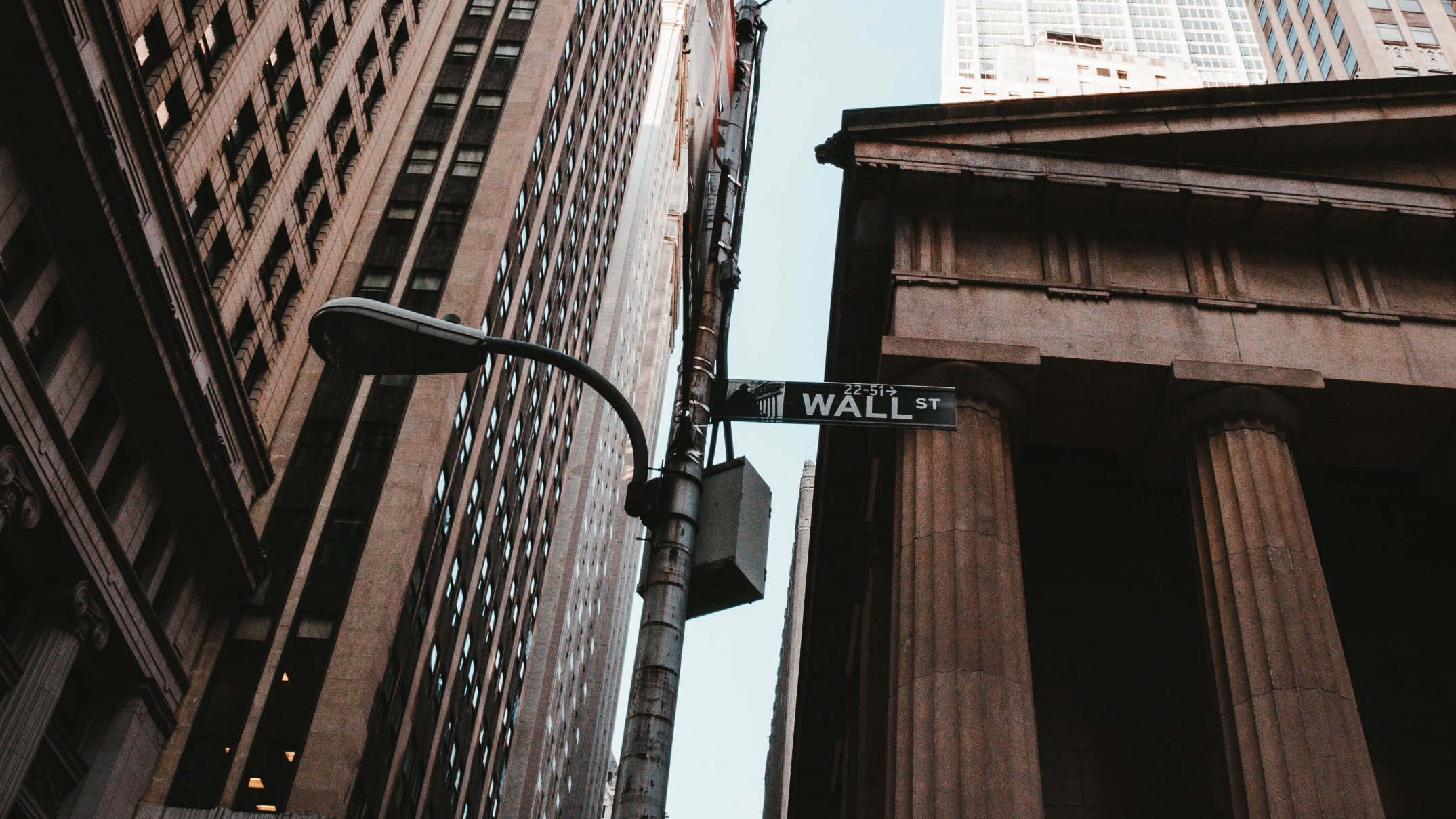SEIA & It’s Chinese Members Lobbying Against Vigorous Implementation of Uyghur Forced Labor Prevention Act
WASHINGTON — The Coalition for a Prosperous America (CPA) today applauds the Victims of Communism Memorial Foundation for obtaining the shocking, unprecedented evidence known as the Xinjiang Police Files from internal police networks in China’s Xinjiang region. CPA urges every single lawmaker in Congress to review the contents of the Xinjiang Police Files, including the photographs of the mass internment camps, and to reconsider meeting with or supporting the efforts of the Solar Energy Industries Association (SEIA), a trade association that was recently exposed as a front for Chinese solar manufacturers, whose members have been implicated in the use of forced labor in Xinjiang. SEIA is also working to undermine a Department of Commerce investigation into three of SEIA’s Chinese members for illegal trade activity.
Last year, Senators Marco Rubio (R-FL) and Jeff Merkley (D-OR), authors of the Uyghur Forced Labor Prevention Act, sent a letter to the President and CEO of SEIA “to inquire about the integrity of the U.S. solar panel supply chain as it pertains to forced labor in Xinjiang.” In their letter, the Senators highlighted how “the U.S. solar industry sources large amounts of polysilicon and solar products from this region, where the use of forced labor is state-sanctioned and systematic.”
SEIA and its Chinese solar members have been lobbying against vigorous enforcement of the Uyghur Forced Labor Prevention Act, a bipartisan law that will ensure that goods made with the slave labor of Uyghurs and other predominantly Muslim ethnic groups in the Xinjiang Uyghur Autonomous Region and elsewhere in the People’s Republic of China do not enter the United States. SEIA and its Chinese members’ actions to “address” forced labor in solar manufacturing (e.g., pledges and traceability protocol) are actually an attempt to soften the enforcement of forced labor laws against Chinese manufacturers by creating the appearance of self-regulation.
In a recent bicameral letter, U.S. Senators Sherrod Brown (D-OH) and Bob Casey (D-PA), along with U.S. Representative Marcy Kaptur (D-OH-9), documented how SEIA “has spearheaded lobbying against [Commerce’s] investigation and represents the interests of commercial-scale solar installation and financing interests, includes Chinese manufacturers in its membership: JinkoSolar, JA Solar, Trina Solar, BYD, LONGi Solar, and Canadian Solar. Several of these companies have had their shipments to the United States blocked by Customs and Border Protection (CBP) for use of Uyghur slave labor in their production, and they are the exact companies that have been subject to the original duties.”
In an interview with the National Journal, Senator Brown further commented on SEIA’s efforts on behalf of China. “They’ve got good lawyers and good [public relations] people, but essentially they’ve enabled the Chinese government and Chinese manufacturers to undercut American trade law,” he said. “So I don’t really care a lot what they say. If we continue the way [SEIA] wants to go, we’ll never have solar manufacturing in this country,” Brown said.
The contents of the Xinjiang Police Files are shocking, and CPA applauds numerous media outlets for their brave journalism and reporting, including the International Consortium of Independent Journalists (ICIJ), the BBC, The Washington Post, and Axios.
A “trove of data, known as the Xinjiang Police Files, provides overwhelming evidence that tens of thousands of Uyghurs have been detained in maximum security facilities — contradicting Chinese government claims that the centers provide voluntary vocational training,” reports Axios. The photos are part of “an unprecedented leak of thousands of images and documents from the public security bureaus … in Xinjiang … where the national government has held hundreds of thousands of Uyghurs and other ethnic minorities in mass-internment camps.”
“The leak contains the first photographs taken inside the camps and obtained by news organizations without official authorization. The photos serve as irrefutable evidence of the highly militarized nature of the camps and present a stark contrast with those, previously published, that were taken on government-organized press tours,” reports the International Consortium of Independent Journalists (ICIJ).
“Their publication coincides with the recent arrival in China of the United Nations Human Rights Commissioner, Michelle Bachelet, for a controversial visit to Xinjiang, with critics concerned that her itinerary will be under the tight control of the government,” reports the BBC.
“A cache of leaked documents detailing draconian surveillance and reeducation practices in Xinjiang has shed fresh light of the scale of Beijing’s multiyear crackdown on ethnic Uyghurs in the region and cast a shadow over a highly orchestrated six-day trip to China by the U.N. high commissioner for human rights, Michelle Bachelet,” reports The Washington Post.
As The American Prospect reports, “SEIA’s membership includes U.S. subsidiaries of Chinese producers JinkoSolar, JA Solar, Trina Solar, BYD, and LONGi Solar, which are the dominant solar component manufacturers in the world.”
This month, the United Steelworkers announced their support for Commerce’s anticircumvention investigation and highlighted their concern that SEIA is working to spread misinformation to undermine the Department of Commerce from investigating alleged circumvention of anti-dumping and countervailing duties on solar imports as a result of a petition filed by Auxin Solar, Inc.
Four of these Chinese solar companies were named in an explosive academic report that was released by the Coalition to End Forced Labour in the Uyghur Region detailing the widespread use of Uyghur forced labor within the solar industry. The report found that the four largest solar panel suppliers in the world—JinkoSolar, JASolar, TrinaSolar and LONGi—all source from at least one polysilicon manufacturer that is implicated in Uyghur forced labor either through direct participation in forced labor schemes, and/or through their raw material sourcing.
Jinko Solar sits on the board of the Solar Energy Industries Association (SEIA).












